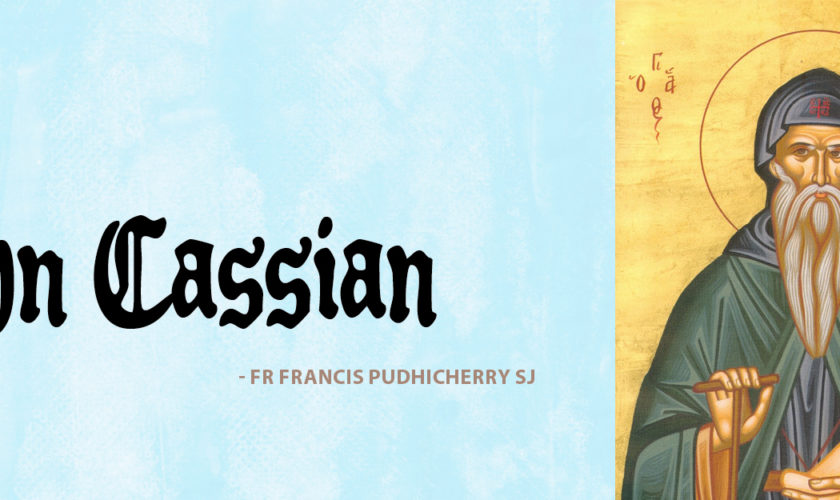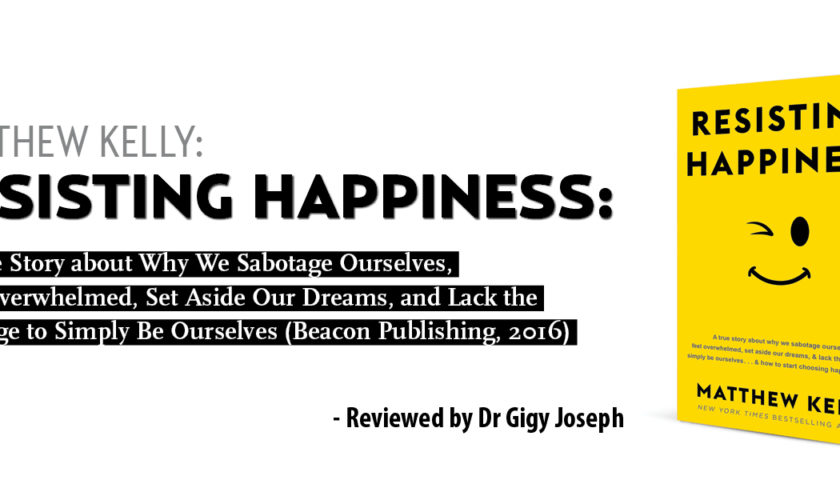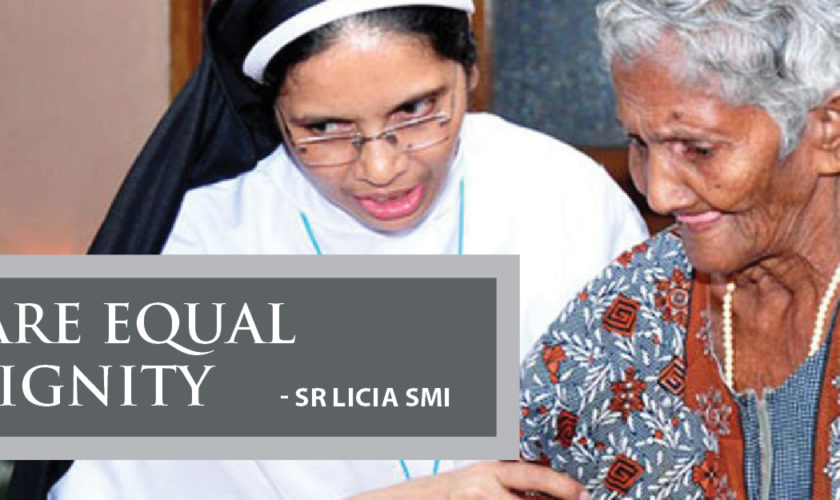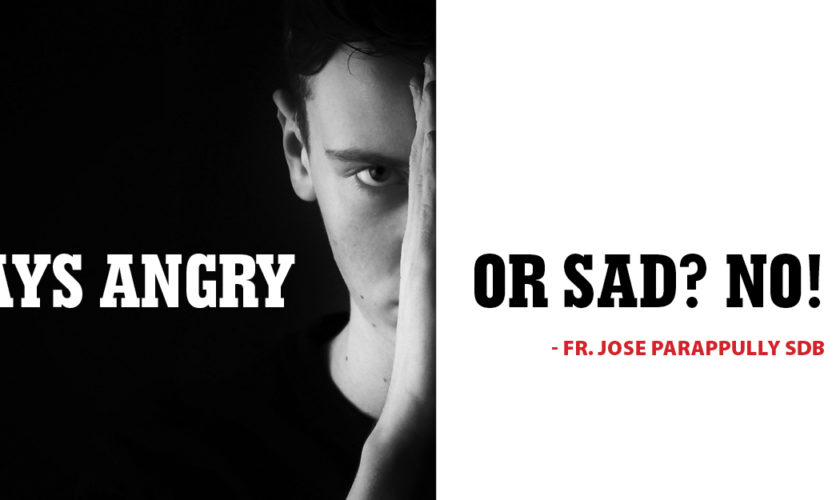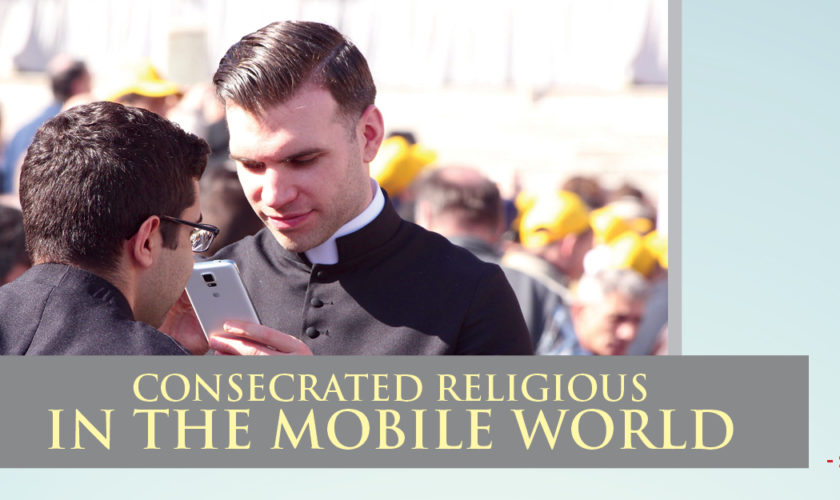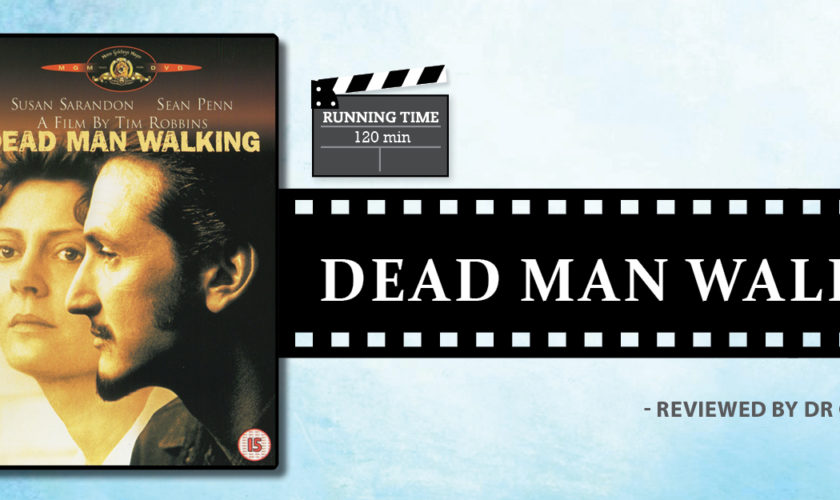It is abundantly clear that discretion is in some way the source and root of all virtues. …True discretion is not obtained except by true humility.
(2nd Conference: On Discretion – Chs. 9-10.1)
In the Eastern traditions, we are accustomed to the image of a sishya (disciple) sitting at the feet of the guru (master). While glancing through The Conferences, one comes across a similar imagery with two young men, John Cassian and his friend, sitting at the feet of the great spiritual masters who lived in the Egyptian desert. Cassian, who was born around 360 CE into an affluent family in modern day Romania, entered the monastery in Bethlehem along with his friend around the year 378-80. Later they travelled to Egypt and spent nearly seven years with some of the great spiritual masters of that time. They then returned to Bethlehem and from there moved to Constantinople where John Chrysostom ordained Cassian to the diaconate in the year 399. Subsequently he and his friend went to Rome where Cassian was ordained a priest. It was during his stay in Rome that his friend passed away. Towards the end of his life, he went to Marseilles, France, where he established two monasteries: St. Victor for men and St. Salvator for women. He died around the year 432.
While in Marseilles, Cassian wrote three works – The Institutes, The Conferences and On the Incarnation of Christ against Nestorius. The first two are excellent treatises on spiritual life, while the third is the only Western work that refutes the Christology of Nestorius. The Institutes focus on monastic life and deals with themes such as the garb of the monk, organized community prayer and other matters dealing with the life of monks. Books Four to Twelve analyze eight vices that hamper the spiritual life of a person. Methods to overcome them are also offered by Cassian. The Conferences is a larger work and the translation by Boniface Ramsey (Newman Press: New Jersey, 1997) has 860 pages. It contains twenty-four separate conferences that are made up of conversations with fifteen different Abbas. The Abbas were holy men who were models of virtue – they were wise, humble, prudent and moderate. The text is presented in the form of a dialogue and the two seekers pose questions to the wise men, who respond by offering a discourse that weaves together the Christian faith, offers insights regarding spiritual life and analyses human behavior. These points are substantiated with concrete examples.
The quote at the start of this article is from Abba Moses, a holy man of the desert who indicates that discretion and humility are two important pillars in any spiritual process. The history of spirituality reveals many instances of excesses – of bizarre ascetical practices or total disregard for it and living by the pleasure principle. Cassian affirmed that asceticism was necessary for spiritual growth, but advised discretion to avoid harming the individual. The works/writings reveal Cassian and Germanus as humble seekers who were willing to make sacrifices in order to acquire wisdom. By picking up the best practices from the monastic tradition of the East, and filtering them through his personal experience, Cassian has handed down to spirituality the best available practices of early monastic life. The three renunciations and four levels of prayer enumerated by him continue to enlighten seekers even today. As we travel across the country or around the globe, we often find seekers looking for authentic gurus who can show them the Way, point out the Truth and lead them to the Light. May we become authentic seekers as well as wise gurus – humble, prudent, pure of heart and growing in perfect apostolic love.

To subscribe to the magazine Contact Us
